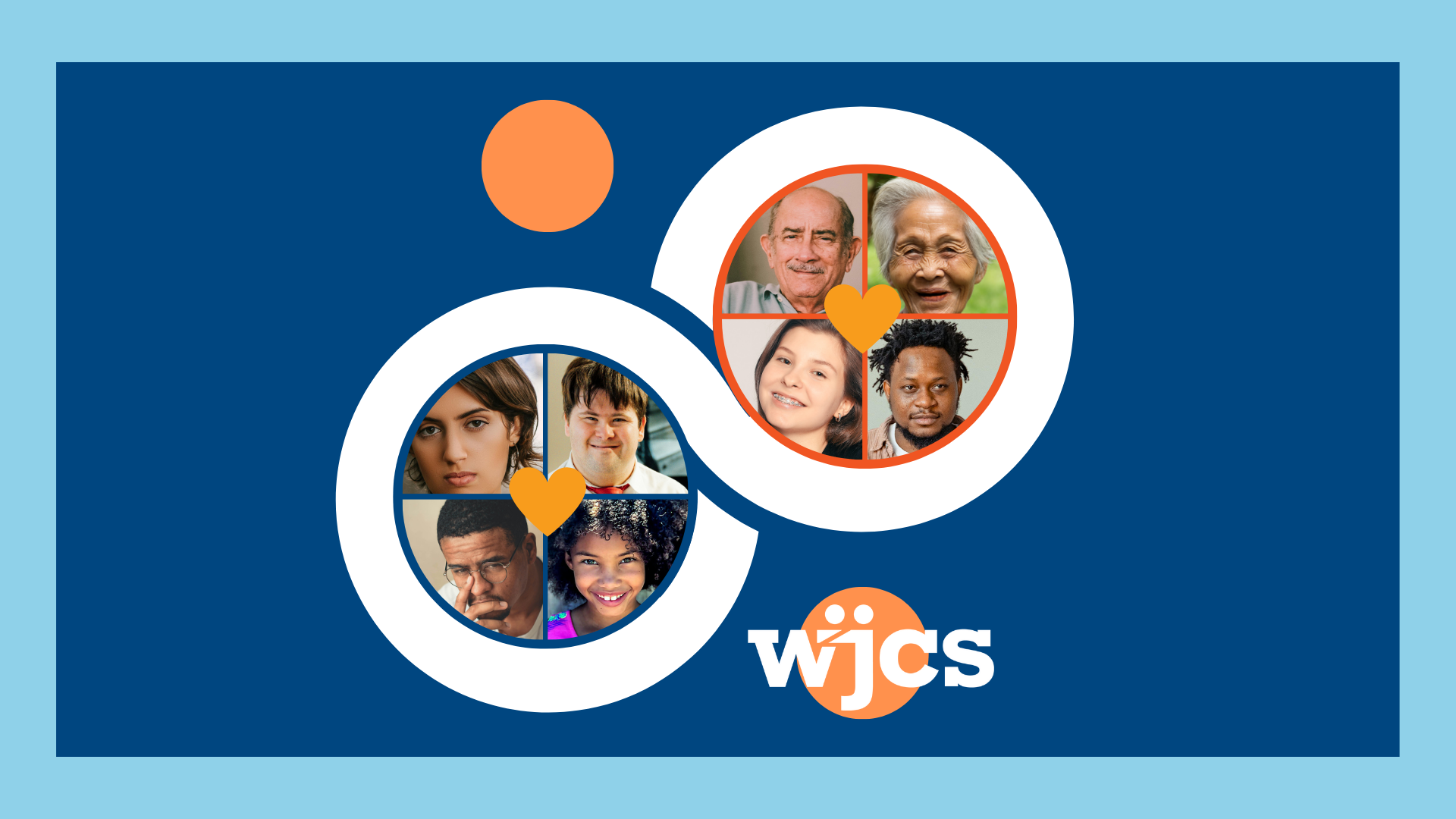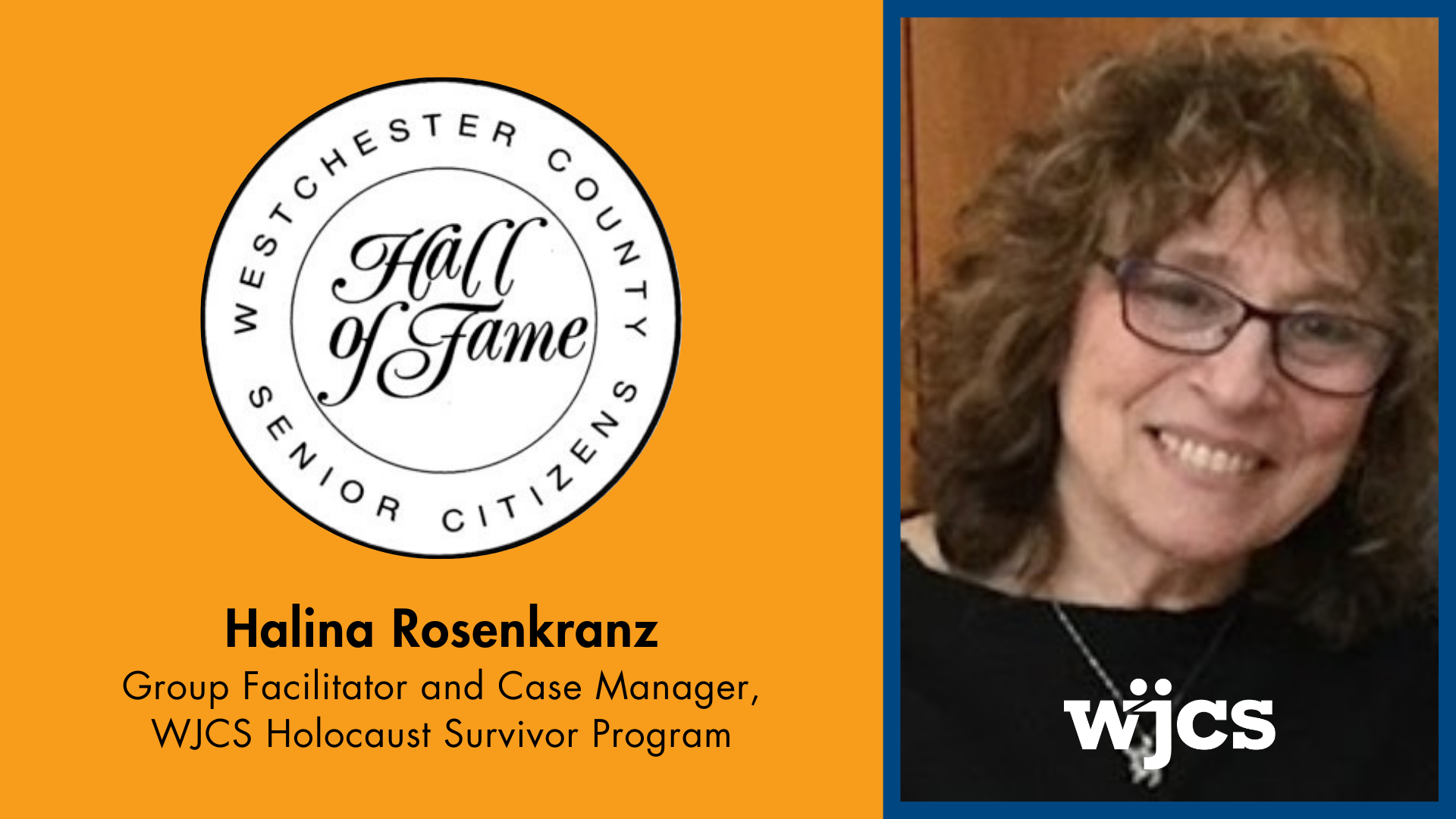Recent data shows that in the United States suicide rates are the highest they have been since World War II. According to the National Institute of Health, there were more than 47,000 suicides in 2019, twice the number of deaths caused by homicide. Self-violence is a problem we cannot ignore. Suicide affects people of all genders, ages, and ethnicities. We all need to be prepared with information and resources to help someone who is exhibiting signs of despair, isolation, rage, pain, and suicidal thoughts.
While there is no single cause for suicidal behavior, common risk factors include:
- Depression or other mental disorders
- Substance abuse disorder
- A previous suicide attempt
- Chronic pain
- Family history of a mental disorder, substance abuse, or suicide
- Family violence, including physical or sexual abuse
Many people have some of these risk factors but do not attempt suicide. But any signs of extreme distress should be taken seriously and not be ignored.
Be alert to signs that someone may be suicidal. These signs include:
- Talking about feeling empty, hopeless, or having no reason to live
- Talking about wanting to die or kill themselves
- Searching online for information about killing themselves, stockpiling pills, or buying a gun
- Talking about feeling great guilt or shame
- Talking about feeling trapped and that there are no solutions
- Feeling unbearable emotional pain or physical pain
- Talking about being a burden to others
- Using alcohol or drugs more often
- Acting very anxious or agitated
- Isolating themselves from family and friends
- Showing rage or talking about seeking revenge
- Taking great risks that could lead to death, such as driving extremely fast
- Displaying extreme mood swings
What to do if you or someone you know exhibits signs of being suicidal:
- Call 988, the Suicide and Crisis Hotline.
- Call The National Suicide Prevention Lifeline: 1-800-273-TALK (8255)
- Call 911
- Text HOME to 741741 to connect with a volunteer Crisis Counselor; http://www.crisistextline.org
- Go to the nearest Emergency Room
- Store the above-mentioned emergency phone and text numbers on your phone.
- Contact the American Foundation for Suicide Prevention
- Get information from the National Institute for Mental Health
- Contact Anxiety and Depression in America
- Contact The Trevor Project–LGBTQIA+ youth suicide prevention
- Take a Mental Health First Aid Training offered by WJCS
- Report abuse or trauma to your state’s Department of Children’s Services and/or to the police.
- Contact the WJCS Trager Lemp Center: Treating Trauma & Promoting Resilience
- Contact the WJCS mental health clinics to arrange for ongoing mental health treatment
Learn how Dialectical Behavioral Therapy can help people struggling with suicidal thoughts.
Follow WJCS on Facebook, Instagram, YouTube, Twitter, and LinkedIn. @WJCSWestchester




